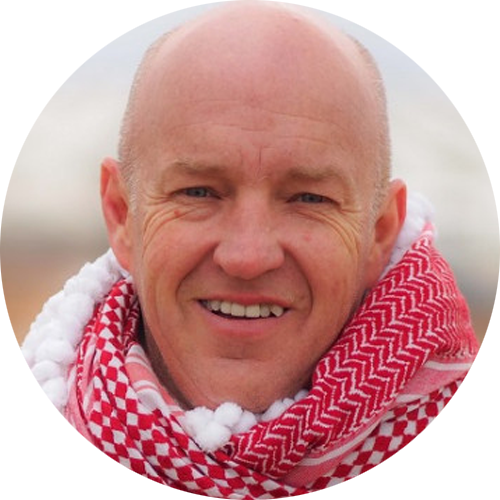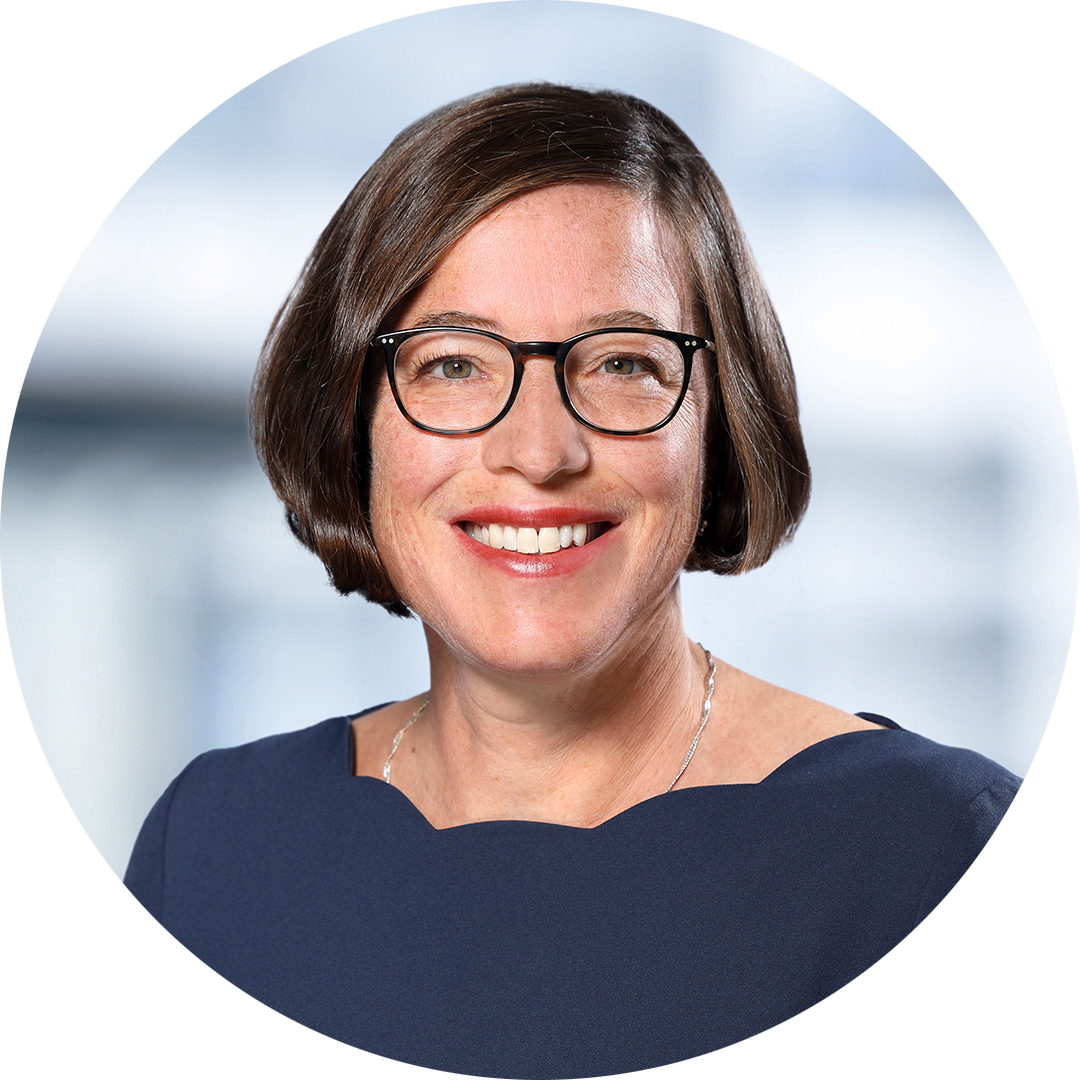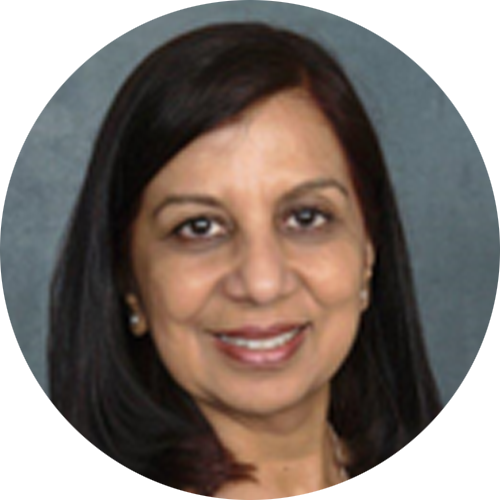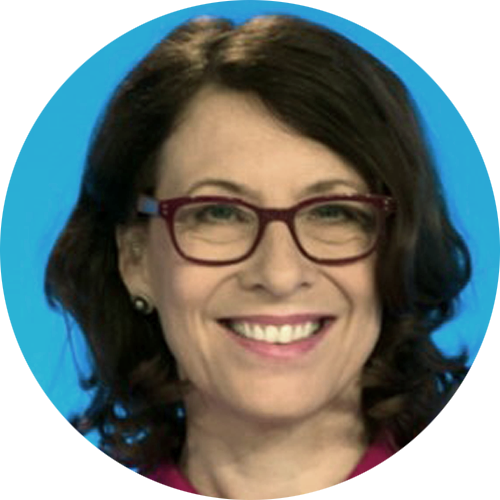The Future of Cooperation: Advancing Communication Practices and Creating New Partnerships
This high-level panel is guided by the motto: “Data without analytics is a wasted asset. Analytics without action is a wasted effort”. It will discuss strategies on how data, forecasts/predictions and scientific insights are best communicated to educate, inform, support, and assist policy makers, practitioners, environmentalists, peace & security professionals and development specialists – be it on policymaking, program design, and in evaluation mechanisms – to motivate early action in identified hotspots. Panelists will also discuss the potential of science, data, and analytics as a tool for starting new political conversations – for example, showing the potential of mobility in specific contexts as a climate change adaptation strategy, rather than a challenge to sustaining peace.
In addition, the panelists will discuss new cooperation mechanisms and platforms needed in the multilateral space to further the role of data science, technology and innovation as an enabler for sustaining peace amidst the climate crisis, such as the newly initiated UN Complex Risk Analytics Fund (CRAF’d). Respectively, this panel intends to define possible roles and functions for the various stakeholders, including academia, civil society, states, multilateral organizations, and the private sector, such as:
- Who should generate and collect data, - and who should mine, analyze and interpret it to create narratives and policy? Should analytical capacities be anchored primarily in academic institutions, which generate knowledge, but often lack connection to political and operative processes, or, should the multilateral system rather work towards a transfer of knowledge to the regions, thereby building capacities and anchoring data and analyses locally?
- How do we best enable inter-agency cooperation on data exchange and joint (quantitative) analysis? How to bring in the local perspective when interpreting data, developing the story/narrative/implications and discussing possible policy solutions to the forecasted climate change impacts on the environment and societies?
- How to enable shared quality standards, data governance principles and ethical guidelines for the responsible use of AI and data-driven approaches in fragile contexts?
- What can be learned from the humanitarian field in terms of using the potential of data analytics for anticipatory humanitarian action and forecast based financing, as well as the HDX platform as a success story for responsible and transparent data sharing?

H.E. Finda Koroma
Vice President of the ECOWAS Commission

Mr. Matthew Steinhelfer
Deputy Assistant Secretary of State, US Department of State

Mr. Andrew Harper
Special Advisor to the High Commissioner for Refugees, UNHCR
Andrew Harper is the Special Advisor on Climate Action to the United Nations High Commissioner for Refugees (UNHCR) in Geneva. He is responsible for providing strategic guidance, oversight and expertise to shape UNHCR's response to the climate emergency. Prior to his current tasks, he was the Director of the Division of Programme Support & Management (DPSM), where he oversaw programme policy, planning and management, as well as technical support to field operations. Andrew has led the Innovation Service in UNHCR and was responsible for leading and coordinating the international response to the Syrian Crisis in Jordan. Some of the main achievements included responding to, at the time, the largest refugee crisis in the world, the establishment of the Zaatari and Azraq refugee camps, introducing biometric registration and linking that to the world’s largest biometric based refugee cash assistance programme. Andrew also served as the Head of Desk for UNHCR, covering the Iraq Situation, as well as the Emergency Focal Point for the Middle East and North Africa region for the Libyan Crisis. He has previously worked notably for the Australian Embassy in Turkey and UNOCHA, and in various field locations with UNHCR, including Central and Southeast Asia, the Western Balkans, Islamic Republic of Iran and Ukraine.

Ms. Ottilie Bälz
Senior Vice President, Robert-Bosch-Foundation
Ottilie Bälz is Senior Vice President and head of the department of International Understanding and Cooperation of the Robert Bosch Stiftung. Her portfolio includes the Foundation’s programs on migration and climate change. At the Robert Bosch Stiftung, she previously served as head of the department of society. From 2004 to 2005 she was delegated to the Directorate-General for Culture and Education of the Federal Foreign Office in Berlin.
Prior to joining the Robert Bosch Stiftung in 2002, she was a project manager at the Goethe-Institut Moscow and directed cultural programs in Russia. She has also worked in the NGO sector. She is the author of several articles on German-Russian cultural relations and on German and Russian foreign cultural policy. She studied Slavic and German Philology and Central and Eastern European History in Cologne and Moscow and holds a MA degree from the University of Cologne.

Dr. Kanta Kumari Rigaud
Lead Environment Specialist, Regional Climate Change Coordinator, Africa Region World Bank Group
Dr. Kanta Kumari Rigaud is a Lead Environmental Specialist and Regional Climate Change Coordinator in the Africa Region of the World Bank Group. She is a leading expert on climate adaptation and resilience and works on climate policy, strategy and knowledge management. She led the development of the World Bank’s Next Generation Africa Climate Business Plan; and continued oversight in the roll-out. She is working on country programs in Kenya and Uganda and provides advice on key strategic priorities – in particular the Country Climate Development Reports across the region. Her passion and leadership the on the knowledge agenda is reflected in the pioneering flagship reports on Groundswell - Preparing for Internal Climate Migration; and the sequel Groundswell – Acting on Internal Climate Migration. Kanta led the Groundswell Africa series focused on West Africa and the Lake Victoria Basin countries. She is currently leading the development of climate sector resilience guidance notes to ensure that climate risks are better assess and addressed in investments and policy dialogue. She is the co-chair of the Technical Working Group on Environmental Change and Migration in KNOMAD; on the Advisory Board to the EU funded HABITABLE project; and a member of the IUCN task force and Working group on Nature-Based Solutions at the Nexus of Environmental Change, Conflict, and Migration. She has a doctorate from the University of East Anglia in the United Kingdom.

Ms. Claire Doole
Moderator
A former BBC correspondent (Brussels, Berlin, Geneva, London) and radio presenter, as well as spokesperson for the UN Refugee Agency, WWF International and the International Federation of the Red Cross, Claire Doole specializes in moderating discussions on many of the geopolitical and socio-economic issues facing our world such as sustainability, equity, inclusion and diversity.
In 2019 she moderated at the Climate Security Conference organised by the German Foreign Ministry, and since then has moderated at many events such as the Climate Adaptation Summit, the Swiss International Cooperation Forum on climate change and sustainable development, the UN Disaster Risk Reduction European Congress, UN World Data Forum, and the WTO Public Forum.